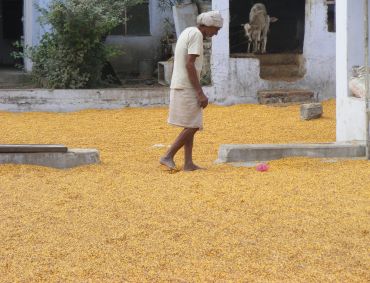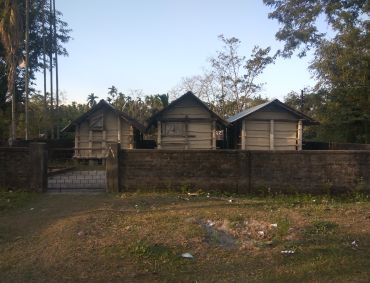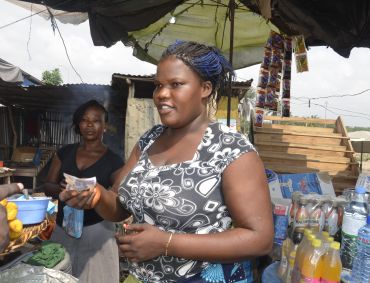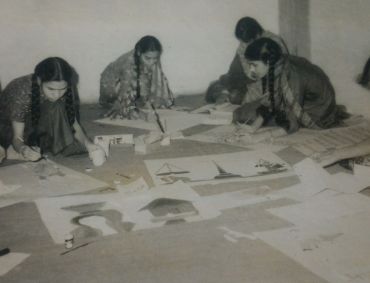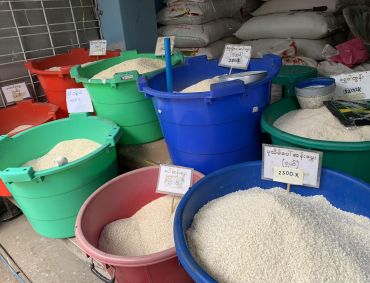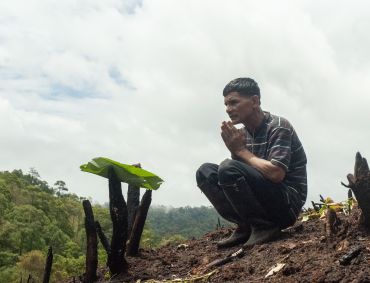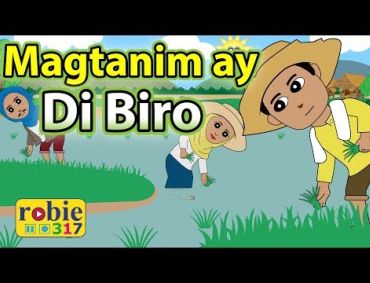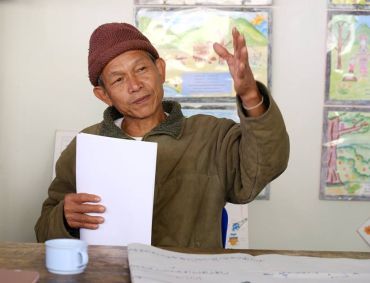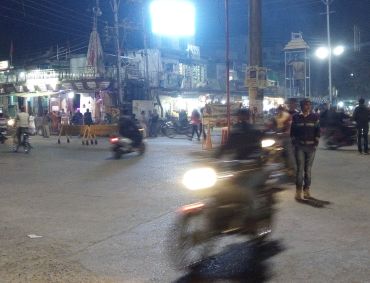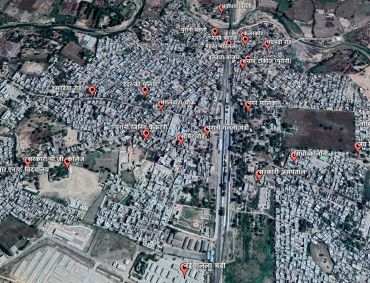Accession Cards
Accession Cards are HAB’s digital storytelling tool, embedded in feelings and emotions as much as they are resources for factual research. These cards revolve around media artefacts (photos, videos, audio, text) and used by the writer as a focus to describe and reflect on the stories of people in their local contexts.
ASKING QUESTIONS, LISTENING & RECORDING are important skills in creating an accession card. Whether used individually or in a group, we encourage narrative researchers and educators to use them as entry points into understanding these regional communities and components in place-based education.
